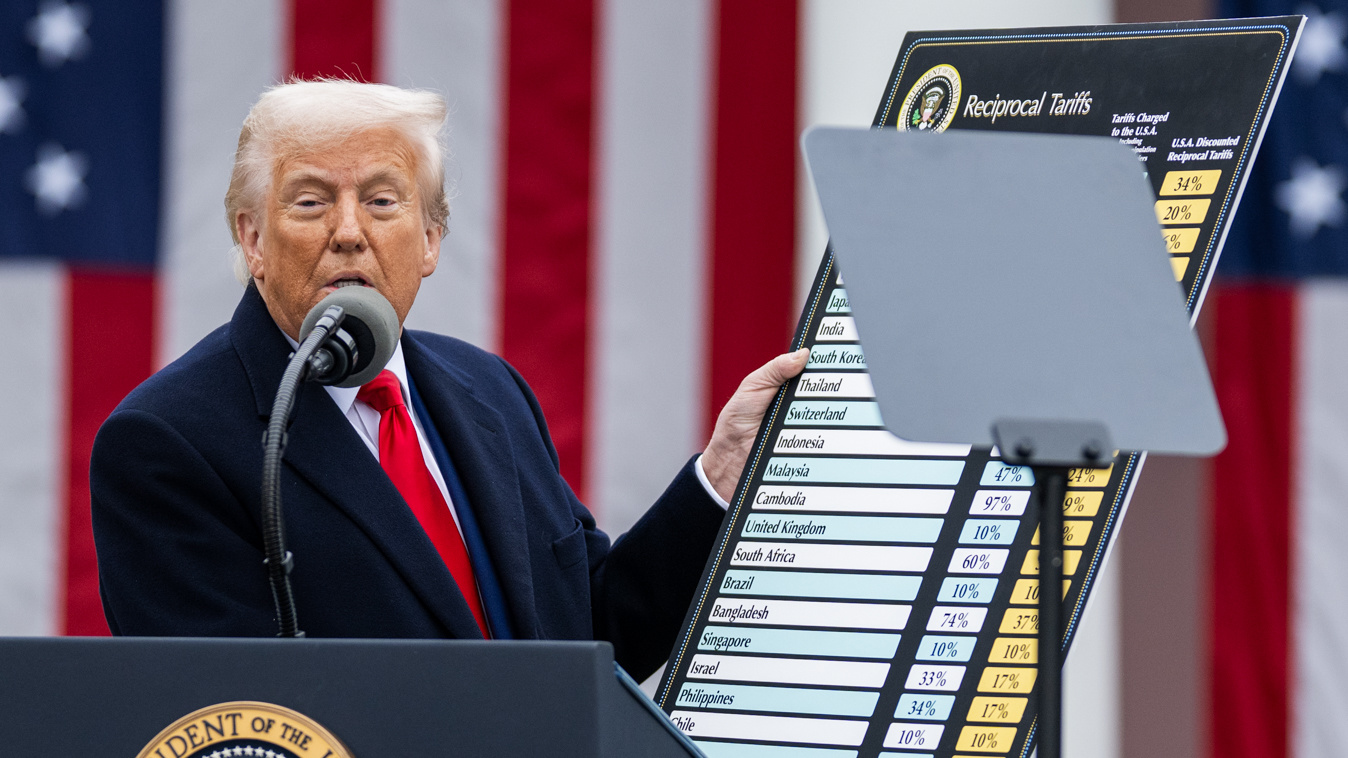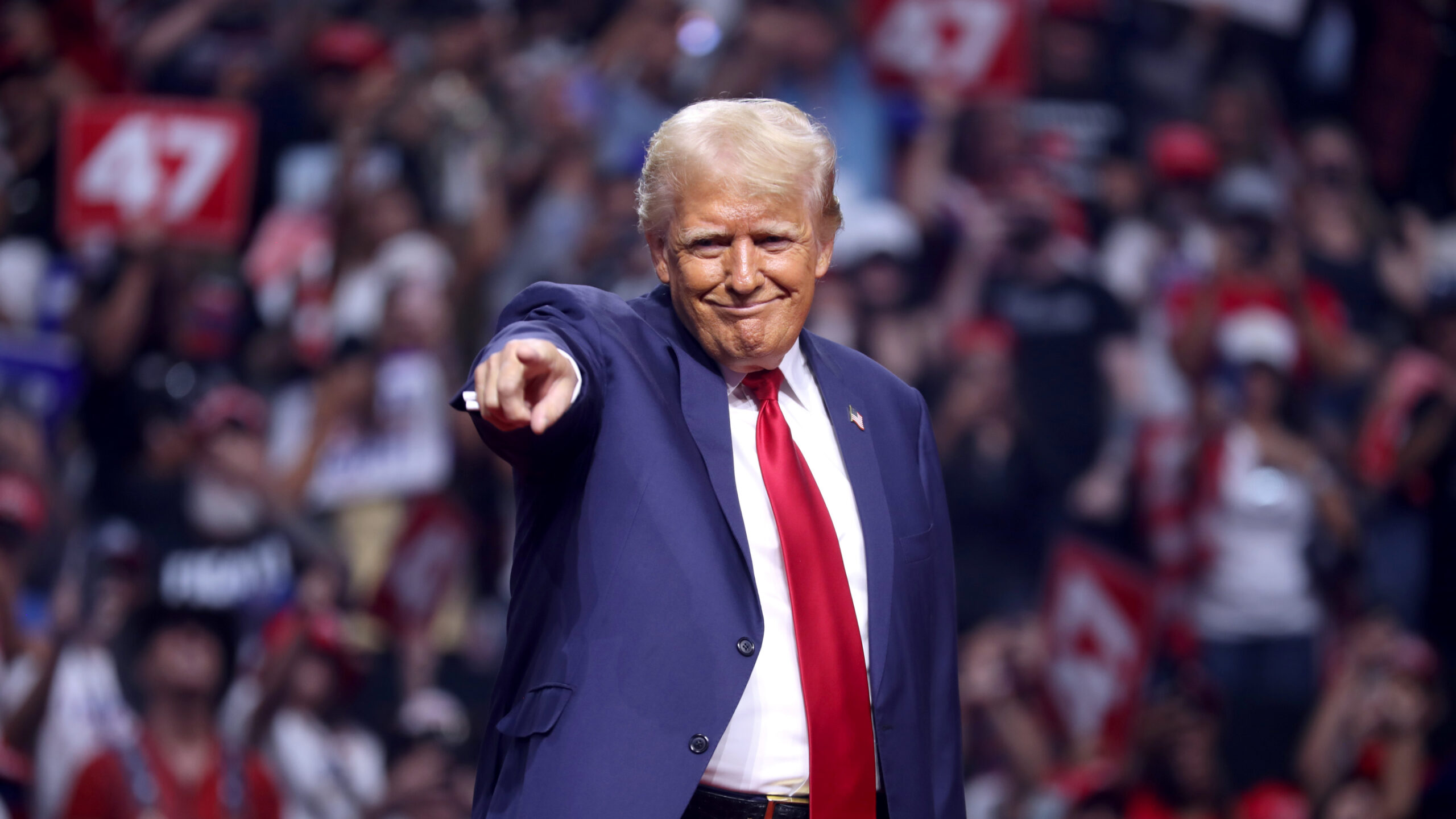Excerpt: “Jinhua poses a significant risk of becoming involved in activities that are contrary to the national security interests of the United States,” the Commerce Department said in a statement announcing the new restrictions.
[Kate O’Keeffe | October 29, 2018 | WSJ]
The U.S. has raised the stakes in a battle with Beijing over intellectual property by restricting American firms from doing business with a state-owned Chinese chip maker that Micron Technology Inc. has accused of stealing its secrets.
Citing national and economic security concerns, the Commerce Department said Monday that it will begin restricting American companies from selling software and technology goods to Fujian Jinhua Integrated Circuit Co., a semiconductor startup into which the Chinese government has been pouring money as part of an effort to build its own chip industry. The decision has the potential to cause significant damage to the new chip maker, which still relies on U.S. technology to produce its own chips.
“Jinhua poses a significant risk of becoming involved in activities that are contrary to the national security interests of the United States,” the Commerce Department said in a statement announcing the new restrictions. Jinhua didn’t immediately provide comment.
The Commerce Department’s action against Jinhua was reminiscent of an April decision—which President Trump later reversed at the behest of Chinese President Xi Jinping—to restrict American companies from selling components to telecoms giant ZTE Corp. for violating terms of an earlier deal to settle allegations that it engaged in sanctions-busting sales to Iran and North Korea.
Yet experts said the Commerce Department move against Jinhua sets a new precedent by punishing a foreign firm for allegedly stealing U.S. intellectual property. The announcement was also unique in the way that it invoked concerns about U.S. companies’ long-term ability to compete in the chip industry.
Jinhua’s imminent plans for “additional production, in light of the likely U.S.-origin technology, threatens the long term economic viability of U.S. suppliers of these essential components of U.S. military systems,” the statement said.
The Commerce Department took the action after Micron, the U.S.’s largest memory-chip maker, filed a lawsuit in December in a California federal court alleging Jinhua stole its technology. Jinhua then sued Micron in January in a court in China’s Fujian province—whose government partly controls Jinhua—and won a temporary order blocking some Micron units from selling products in China on which each company claims patents.
Micron has said Jinhua’s suit was a bogus retaliation measure and has repeatedly criticized Beijing over its treatment. In a July statement Micron said that, though “the central government of China has often stated that the rights of foreign companies are fairly and equally protected in China,” the court’s ruling was “inconsistent with this proclaimed policy.” In a recent quarterly filing, Micron warned: “The activities by the Chinese government may restrict us from participating in the China market or may prevent us from competing effectively with Chinese companies.”
For its part, Jinhua has accused Micron of being part of an “international oligopoly” trying to block the rise of Chinese chip producers. In a July statement, it said Micron “recklessly” infringed on its patents.
Jinhua is a key part of Beijing’s plan to try to wean China off foreign technology, a position that has left its companies highly vulnerable, underscored by the ZTE scare earlier this year. Beijing has set aside some $150 billion in funds to create national chip-making powerhouses, including Jinhua, Tsinghua Unigroup Ltd. and Innotron Memory Co.
During August trade talks, U.S. negotiators pressed Beijing about coerced technology transfers and cited the issues surrounding Micron, according to officials familiar with the talks. But Chinese negotiator Commerce Vice Minister Wang Shouwen dismissed the concerns. Micron and Jinhua “are like brothers,” Mr. Wang said, according to the officials, “and brothers fight.”
The U.S. has long been frustrated with what it sees as Beijing’s failure to compromise in a growing number of disputes over trade, technology and other issues. And so far, U.S. officials have found that offering an olive branch has yielded little, ushering in a much colder era in U.S.-China relations.
After Mr. Trump intervened to save ZTE, for example, some government and industry officials expected China would reciprocate and approve a long-running attempt by U.S. chip giant Qualcomm Inc. to buy Dutch chip maker NXP Semiconductors NV for $44 billion. Senior U.S. officials including Treasury Secretary Steven Mnuchin and Commerce Secretary Wilbur Ross engaged in a round of last-minute lobbying on the company’s behalf.
But a July deadline to win approval from regulators in China—the last of nine markets that would have needed to approve the deal—came and went, killing the deal and derailing a central part of Qualcomm’s strategy.












